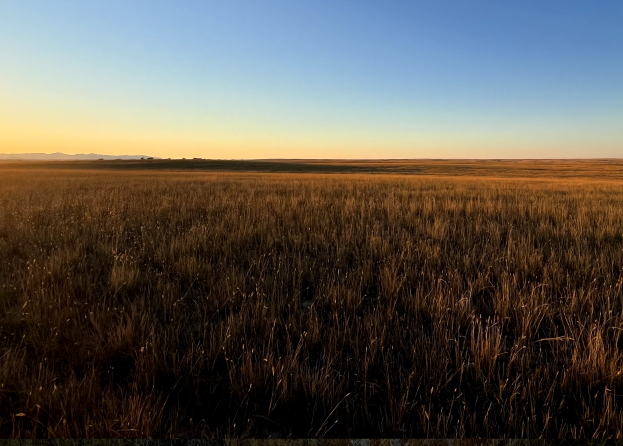Colville Reservation
The lands of the Confederated Tribes of the Colville Reservation in north-central Washington have experienced unprecedented wildfire events over the past decade. In 2020 alone, fires burned 7% of their land base and destroyed more than 80 homes. But no fires were quite as devastating as the historic Tunk Block and North Star wildfires of 2015, which together covered an area four times the size of the city of Seattle, and burned more than 20% of the reservation’s land managed for timber. Supported by a carbon project, The Colville Reforestation Project will restore up to 15,000 acres of forest lost to these fires.
Wildfire is always a devastating event, but the damage to Colville’s forests is particularly brutal due to their dual economic and cultural importance. Commercial timber revenue is approximately 20% of the Confederated Tribes’ operating budget. Additionally, tribal members depend on their lands for subsistence hunting, spiritual use and medicinal plants making the loss deeply personal. To help mitigate these losses, forest restoration efforts are ongoing but face significant financial challenges due to a lack of reforestation funding, and the loss of timber revenues.
The Colville Reforestation Carbon Project addresses these financial hurdles with a first of its kind, innovative program developed by the Climate Action Reserve that generates tradable carbon credits shortly after reforestation occurs. This up-front crediting and revenue source helps alleviate planting costs, provides restoration and forest management employment for the Colville people, and allows the Tribe to expand their reforestation efforts, thereby restoring their primary cultural and economic resource. To help guard against the risk of future fires, this project also supports wildfire risk reduction activities and aims to plant fire-adapted species. Carbon revenues also help alleviate inequalities; one in four Colville households live below the poverty line.
The Tunk Block and North Star fires burned for over a month turning swaths of timber to black char and ash, sterilizing the soil. Human intervention is crucial for restoration as these fires incinerated the native seed bank and seed sources to levels inadequate to support natural regeneration. Without active replanting, these acres would transition to shrubland and/or remain understocked for decades to come, denying the Colville of the benefits of a native forest ecosystem.
The Colville project serves both the Colville Tribe and the native ecosystem with a science-based, reforestation plan specific to the need of the local area. The plan calls for the planting of early seral native trees that are best adapted for site conditions. These trees colonize fire-disturbed sites and create conditions favorable for other trees to seed in. In turn, this diversifies the stand, and initiates the natural development of a diverse and native forest appropriate for the region. Replanting severely burned acres also reduces soil erosion and sedimentation of waterways by preventing loose mineral soil from washing into streams.
This reforestation project is ongoing. Credit sales directly support the Colville’s restoration goals of reforesting burned acres and improving forest resiliency. By planting fire-adapted species and implementing wildfire risk reduction activities like fire breaks and fuels reduction treatments, the forest can better withstand future climate conditions. The implementation of this project will have long-term benefits for wildlife, water quality, the local economy and culture.

Our Mission & Vision
As a nonprofit organization, our investments are driven by climate impact and put landowners first. We work alongside our partners to develop and fund projects that support grassland conservation, reforestation, and improved forest management strategies.